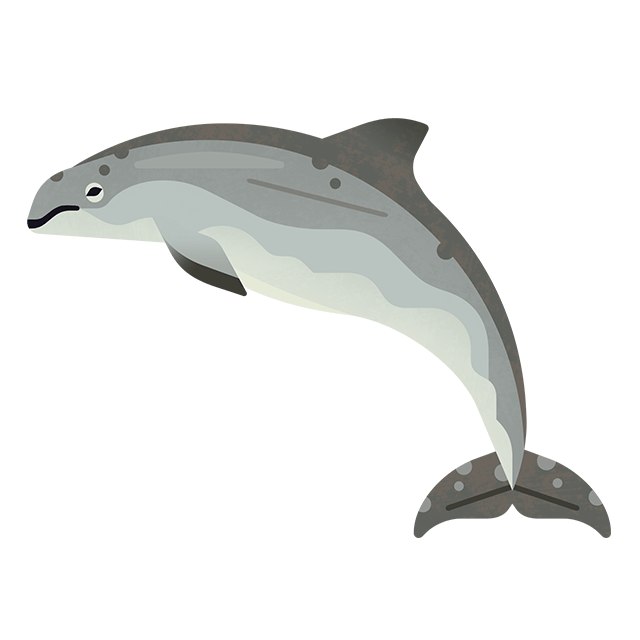
Using your signature to bring about change
2 minute read
For campaigns and petitions to bring about change, we need to consider if our goals can be practically achieved. This means taking into account factors like public support, costs to the public and businesses, potential adverse effects and ease of implementation.
The Marine Conservation Society's Stop Ocean Threads campaign can put this into context. We know that in-built washing machine filters that capture microfibres are available and effective. Cost-wise, The Times suggested that it could add as little as £30 to the final price you'd pay for a washing machine. So, we have the technology, and the assurance that it wouldn’t be of huge cost… next we need to convince washing machine manufacturers.
Firstly, the component costs are likely to be a fraction of this quoted final price. Manufacturers need assurances that, with an extra £30 added, their washing machines will still be purchased when an in-built filter is added. Encouragingly, our YouGov survey found that a quarter (26%) of British adults would be willing to pay an additional £50 or more for a washing machine which included a microfibre filter compared to one that didn’t.
We then need the public to tell manufacturers themselves that they are supportive, which is where the petition comes into play. The more signatures we have, the more pressure we’re able to put on not just washing machine manufacturers but also government to implement legislation which obliges manufacturers to include the filters.
In the meantime, we’re working hard behind the scenes. We’ve been speaking with washing machine manufacturers, trade organisations and MPs, alongside lobbying industry insiders and looking at how to progress a potential trade standard which would define what a microfibre filter... filters!
One of the challenges is that, in many ways, our clothes are the problem, releasing microfibres during washing. Currently, it’s the water industry that is on the receiving end of dealing with microfibres. Some cross-industry working has sprung up with water companies, fashion brands and washing machine manufacturers, which is encouraging. However, they need to move towards resolving some of the core issues, such as putting an industry standard for filters in place. If washing machine manufacturers can fit them then the water industry will receive fewer microplastics and microfibres in its waste.

Credit: Luxstorm via Pixabay
In the meantime, thanks for signing our petition, it’s the first step in a longer journey and we hope that you will join us along the way in supporting our drive for change to, in the end, reduce the amount of plastic entering our ocean every day.


